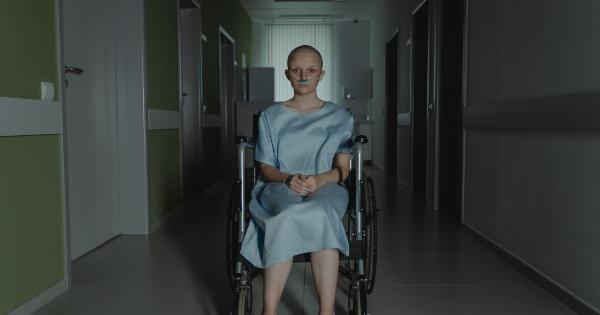Bringing a baby into this world comes with lots of emotions of joy and excitement, but also with a lot of pain and discomfort. Giving birth, especially to first-time mothers, can be agonizing and traumatic.
The process of pregnancy, labor, and delivery present a lot of challenges that women need to overcome. One of the most difficult and distressing conditions that women can face after giving birth is the intense sting of colral bowel.
What is Colral Bowel?
Colral bowel, also known as fecal impaction, is a condition that occurs when feces become trapped in the colon and rectum.
Women who have just given birth are more susceptible to this condition because of hormonal changes, pressure from the uterus, and prolonged sitting during delivery. Furthermore, pain medications used for pain relief during delivery may cause constipation. Constipation often leads to fecal impaction if not well managed.
Symptoms of Colral Bowel
Fecal impaction can present in different ways, depending on the level of bowel obstruction. Some of the common symptoms of colral bowel include;.
- Abdominal cramping and pain
- Lower back pain
- Bloating and gas
- Nausea and vomiting
- Loss of appetite
- Inability to pass gas
- Rectal bleeding when trying to pass stool
These symptoms can be severe and can persist for several days, leading to extreme discomfort and distress for a new mother.
Treatment for Colral Bowel
Treatment for fecal impaction is aimed at dislodging the hard stool from the rectum and colon. In mild cases, laxatives and stool softeners can be administered to soften the stool and stimulate bowel movement.
However, in severe cases where the stool is impacted, manual removal may be necessary. Manual removal is typically done by a medical professional and involves inserting a lubricated gloved finger into the rectum and gently dislodging the obstruction.
While this procedure may cause discomfort, it is effective in relieving the patient from the pain and discomfort caused by colral bowel.
Preventing Colral Bowel
Prevention is always better than cure. There are various ways to prevent colral bowel after birth, including;.
- Eating a well-balanced diet high in fiber to avoid constipation
- Drinking plenty of water to keep hydrated and facilitate bowel movement
- Exercising to promote bowel movement and keep the body active
- Avoiding prolonged sitting and bedrest
- Maintaining good hygiene to avoid infections that can lead to fecal impaction
- Taking laxatives and stool softeners under the guidance of a healthcare professional when needed
Conclusion
Colral bowel is a painful and traumatizing condition that can occur after giving birth. It is essential for new mothers to seek medical intervention if they experience symptoms of fecal impaction.
While treatment is typically straightforward, it is important to take preventive measures to avoid developing colral bowel in the first place. By maintaining a healthy diet, exercising, and seeking medical attention when necessary, new mothers can minimize the discomfort caused by colral bowel and enjoy the joys of motherhood.































